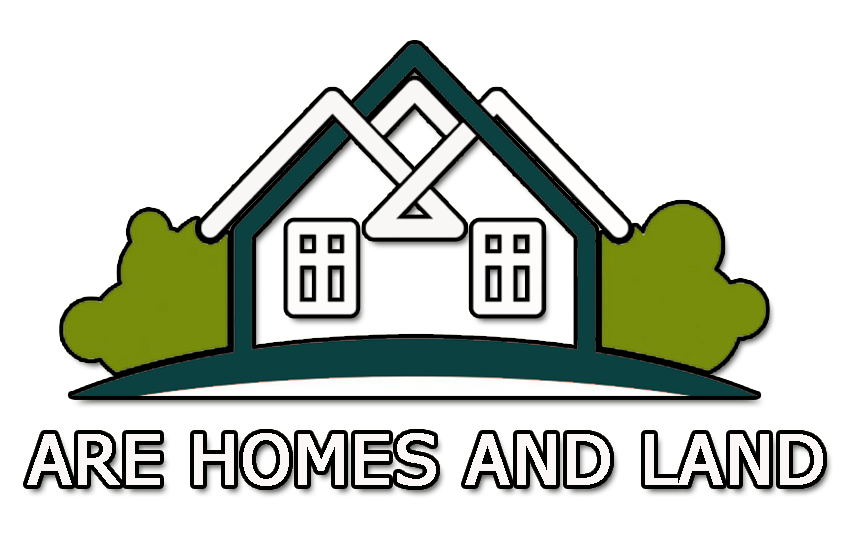Asheville, North Carolina, is beloved for its mountain charm, fresh air, and scenic beauty. Nestled in the Blue Ridge Mountains, homes here enjoy unmatched views and peaceful surroundings. However, these same natural features can also present unique structural challenges—particularly when it comes to foundations. The sloping terrain and variable soil conditions can put significant stress on homes, making trusted foundation repair in Asheville, NC a common and necessary service in the region.
Understanding how slope and soil instability affect mountain homes is essential for long-term property preservation. Homeowners must stay informed and proactive to prevent minor issues from turning into expensive structural problems.
The Mountain Terrain Challenge
Unlike homes built on flat land, mountain homes in Asheville are often constructed on sloped lots. While this offers aesthetic and functional advantages—like better drainage and views—it also increases the likelihood of foundation movement. Gravity naturally pulls soil downhill over time, a phenomenon known as soil creep. When this slow shift occurs beneath or around a home’s foundation, it can lead to cracking, settling, or bowing walls.
This becomes particularly problematic during heavy rains. Asheville receives ample rainfall throughout the year, and water-saturated soil becomes heavier and more unstable. In extreme cases, excessive runoff and poor drainage can even contribute to localized landslides, putting homes and their foundations at risk. The pressure created by moving water and soil can cause foundations to shift or become uneven, weakening the structural integrity of the entire house.
Soil Composition In Asheville
Asheville’s geological profile is complex, made up of varying layers of clay, silt, and rock. Many areas contain clay-rich soil, which is notorious for its tendency to expand when wet and shrink when dry. This swelling and contracting places constant pressure on the foundation, eventually leading to cracks and movement.
In other areas, homes are built on loosely compacted or silty soils, which are more susceptible to erosion and lack the stability needed to support long-term structural weight. When these soils become saturated, they lose their load-bearing capacity, and foundations may settle unevenly. Even older homes that have stood for decades can show signs of distress due to slow, cumulative soil movement beneath them.
Freeze-thaw cycles further complicate the issue. In winter, water within the soil freezes and expands, lifting the foundation slightly. When the ground thaws, it contracts, creating small gaps under the foundation. Over time, this repetitive action weakens the footing and can result in visible structural damage.
Warning Signs Of Foundation Problems
It’s important for Asheville homeowners to routinely inspect their homes for signs of foundation distress. Diagonal cracks along walls or ceilings, windows and doors that don’t close correctly, sloping floors, and obvious spaces around baseboards or outside steps are all warning signs. In basements, bowed or bulging walls and moisture intrusion may also suggest soil pressure and structural movement.
These symptoms often start subtly and worsen over time. Catching them early not only saves money on repairs but also helps preserve the value and safety of the home.
The Role Of Professional Foundation Repair
Because of the complex terrain and variable soil conditions in Asheville, foundation repair is not a DIY project. It requires a comprehensive evaluation by experienced professionals who understand the region’s unique geological features. Wall anchors or braces can be used to repair bending walls, helical or push piers can be installed to support sinking foundations and appropriate drainage systems can be put in place to redirect water away from the building.
A professional foundation repair contractor will begin with a detailed inspection, often using tools like laser levels or soil analysis, to determine the exact cause and scope of the problem. From there, they’ll recommend a tailored solution that not only repairs the existing damage but also addresses the underlying issues to prevent recurrence.
For homeowners seeking peace of mind, it’s crucial to work with a reputable company offering structural warranties, transparent pricing, and a proven track record in the region. Look for providers that specialize in trusted foundation repair in Asheville, NC, to ensure you’re hiring experts who know the local conditions and building standards.
Long-Term Protection And Maintenance
Once foundation repairs are completed, ongoing maintenance becomes key. Homeowners should monitor drainage systems, clean gutters regularly, and ensure water flows away from the house. In some cases, landscaping adjustments—such as installing retaining walls or regrading the slope—may also help reduce the risk of soil movement.
Regular home inspections, especially after heavy storms or seasonal changes, can help identify any shifting or new cracks that may warrant professional attention. Maintaining a solid foundation isn’t just about addressing structural concerns—it’s about protecting the investment, safety, and longevity of a home.
Conclusion
Asheville’s mountain setting is both beautiful and complex. While its sloped terrain and mixed soils create ideal conditions for unique homes, they also demand extra care when it comes to foundation stability. From expansive clay to erosion-prone slopes, homeowners must remain vigilant and informed. Partnering with a qualified contractor for trusted foundation repair in Asheville, NC, is the most effective way to protect your property against structural damage.


